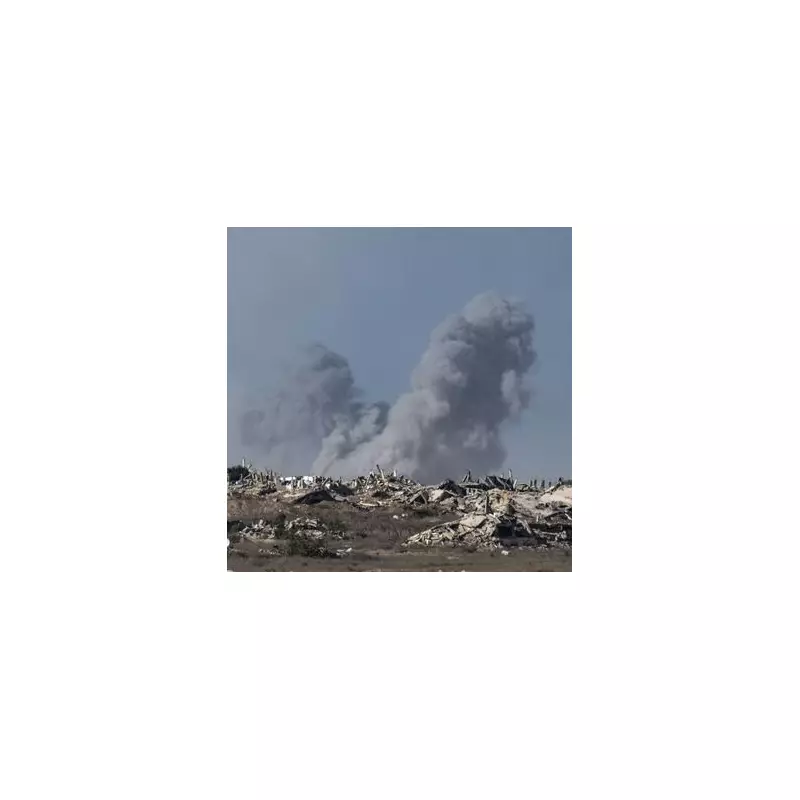
The International Court of Justice (ICJ) has delivered a monumental interim ruling in the case brought by South Africa against Israel, alleging violations of the Genocide Convention in Gaza.
In a highly anticipated decision from The Hague, the court found it had jurisdiction to rule on the case and stated that some acts alleged by South Africa could fall under the Genocide Convention. The panel of 17 judges issued a series of binding provisional measures that Israel must comply with.
Key Measures Ordered by the Court
The court ruled that Israel must:
- Take all measures within its power to prevent acts of genocide against Palestinians in Gaza
- Prevent and punish direct and public incitement to commit genocide
- Take immediate and effective steps to ensure the provision of basic services and humanitarian assistance to civilians in Gaza
- Preserve evidence related to allegations of acts under the Genocide Convention
- Submit a report to the court on all measures taken within one month
A Case That Has Captivated Global Attention
The case, brought by South Africa last month, accused Israel of state-led genocide in its military operation in Gaza, which was launched following the deadly October 7 Hamas attacks that killed approximately 1,200 Israelis.
Since then, Gaza's Hamas-run health ministry reports that more than 26,000 Palestinians have been killed in the conflict. The ICJ's ruling, while stopping short of ordering a ceasefire as South Africa had requested, represents a significant development in one of the most watched international legal proceedings in recent history.
The court's decisions are legally binding and cannot be appealed, though the ICJ has no direct means of enforcing its rulings.





